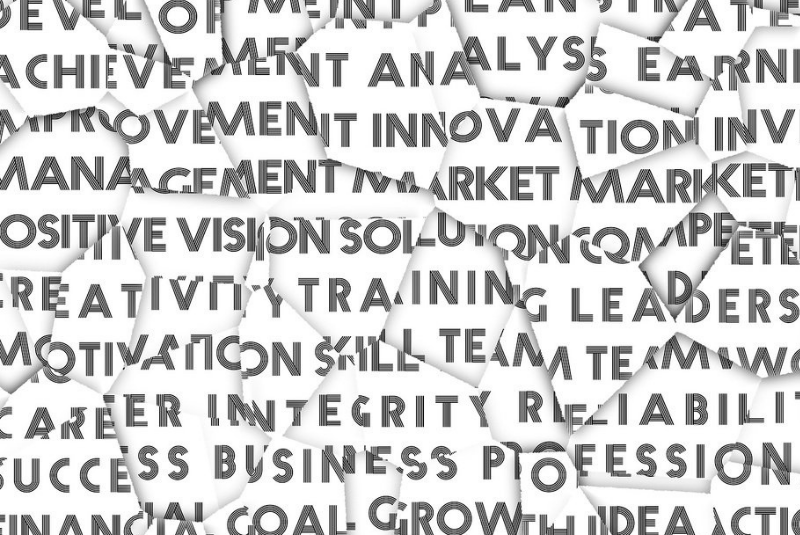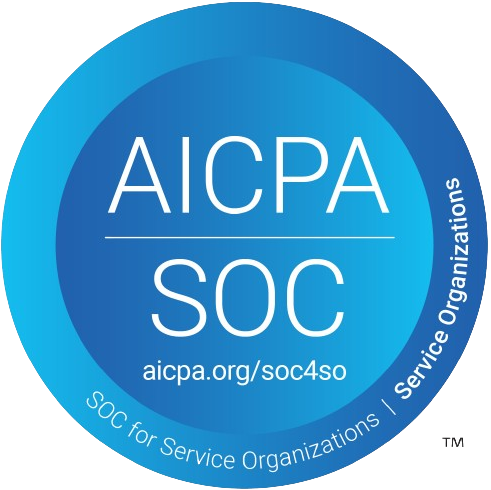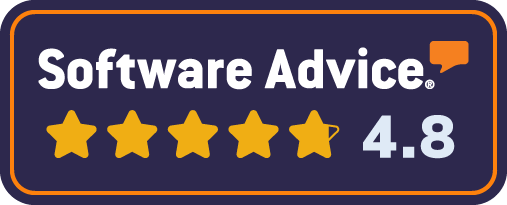College degrees that impress employers are harder than ever to obtain and afford. Could innovations in testing level the playing field?
Flashback to America in the late 1950’s: A grandchild of immigrants, raised by working class parents, is bright and motivated. He studies hard and earns good grades. Despite his humble background, he scores well enough on the SAT exam to win acceptance to a prestigious college. He earns his degree, climbs into the middle class and joins the ranks of those who’ve achieved the American Dream of being better off than their parents.
Different versions of that quietly heroic story have happened countless times–it’s a well-known tale. What’s less-known is that there are two heroes in that story: The young man, and the SAT.
I can hear you wondering, “The SAT??? How could any standardized test–much less the dreaded SAT–be a hero?” Answer: The SAT was a hero because it enabled the American Dream to take place millions of times over. Let me explain that, and why it’s relevant today.
The SAT as 20th Century Hero? Actually, yes.
Today, the SAT and ACT tests are taken by millions and loved by very few. They are controversial because they’re seen by many to reflect cultural biases. Students from more privileged socioeconomic backgrounds tend to do better on college entrance exams, so the tests are widely viewed as tools of exclusion. But they were designed to be the very opposite–they were intended to promote inclusion.
When standardized college entrance exams were pioneered in the early 1900’s, they were radical in two respects. First, they were radical data tools. Testing for college aptitude across a large population of students–quantifying academic merit–was a disruptive innovation a century ago. Second, they were radical social tools. Standardized tests were adopted by prestigious colleges to admit students from outside the social elites–they opened up access to millions of students. Soon, young Roosevelts, Adamses, and other Establishment offspring began to share the footpaths of Harvard Yard with large numbers of the less well-heeled.
As often happens, the formerly-radical became mainstream. For several decades after the end of World War II, tens of millions of US high school students took the SAT, and campuses sprouted everywhere to handle a 20-fold increase in college enrollments from students of all classes and backgrounds. Widespread access to higher education was a social good in and of itself, but it also delivered a direct economic benefit–colleges began annually to graduate millions of skilled workers prepared to fill jobs created as the knowledge economy was born and grew. The SAT was a hero because it expanded access to American higher education, and by extension, to the American Dream.
Today, We Need a New Hero
Fast-forward to today: The American Dream isn’t what it used to be. America’s upward mobility engine appears to be stalled. Pundits gravely share data showing that the benefits of post-2008 recovery are being disproportionately enjoyed by “the one percent.” An Economist cover story from January 2015 warns of the rise of ‘America’s New Aristocracy’. That article makes compelling, evidence-based arguments that social mobility is in bad health, and that if it dies, America itself will decline rapidly. Unusually, both Democrats and Republicans agree on this point (although they differ on how to fix the problem, naturally.)
So here’s a Big Question: If the SAT powered the economic miracle that was the American 20th century, could another standardized test arise to play the role of economic hero in the 21st century? I believe it could–and it’s called…
The Soft Skills Test
(Like Superman’s alias Clark Kent, don’t let the mild-mannered name fool you. It’s powerful. Let me explain.)
We’re in the early stages of the next disruptive innovation in testing, the broad adoption in the workforce of the Soft Skills Test. Soft skills, a.k.a. people skills, comprise factors of personality such as Openness, Conscientiousness, Extraversion, Agreeableness, and Neuroticism. These Five Factors contain within them dozens of specific orientations, behaviors, and skills such as attention to detail, personal organization, concern for others, tolerance of stress, etc. After decades of psychological research, there is broad scientific consensus that these personality traits can be accurately measured by means of standardized tests.
Personality tests may still be viewed as mainly just for fun, or perhaps for sparking introspection and discussion among friends and colleagues. But an increasing number of employers have begun to adopt standardized personality tests for the very serious purpose of employment screening–the Wall St. Journal cited estimates that employment-focused personality tests are a $500 million-plus market, growing 10-15% annually.
Why Soft Skills Tests are Heroes to Employers
Why are personality tests so popular with employers? Because according to many surveys, employers rank strong soft skills at the top of the list of attributes they seek in new hires. Soft skills are no longer nice-to-haves–today, they’re need-to-haves. IBM recently announced development of its own competency model for soft skills, to be used in hiring and developing its workforce. Other large employers and professional associations are exploring them as well. The logic is straightforward: Now that so many ‘hard skills’ are provided (or at least assisted) by computers, employers can focus on workers’ ability to communicate, coordinate, and collaborate effectively, as well as deal with the stress of increasingly competitive markets. In other words, paying attention to the soft skills of your workforce is more in vogue than ever.
Some of you are now asking, “So what if you can measure these soft skills–isn’t personality fixed, which means employees can’t really improve in these areas?” For many years, it was dogma within academic psychology that personalities were more or less unchangeable. But that view is rapidly shifting, according to Dr. Richard Roberts, VP and Chief Scientist for ProExam’s Center for Innovative Assessments, and one of the world’s foremost experts on the measurement of soft skills. “Personality is not set in plaster. Meta-analytic data, which summarizes the results from numerous studies rather than single, one-off investigations, shows that personality can change significantly across an individual’s lifespan.” (Disclosure: After more than a decade in the assessment business, building product for firms like Kaplan and Princeton Review before founding CredSpark, I recently became an Advisor to ProExam.)
So if personality can change, the next question is, can a better personality be taught? Again, the research shows that it can. Columbia University’s Teachers College recently published a study reviewing the impact of Social and Emotional Learning programs. The study found that such programs are not only effective, but they generate $17 in economic benefit for every $1 they cost to deliver–a return on investment that may exceed that of hard-skills training programs, according to Dr. Roberts.
Why Soft Skills Tests Could Be Heroes to Employees
The amount of US outstanding student loan debt is well over $1 trillion–in a job market that continues to test the resolve of young graduates. Due in part to a flood of overseas applicants, it’s harder and harder to win acceptance to a prestigious US college that will impress employers. (Remember that expansion of US higher education in the last century? It’s now expanding by recruiting bright students from across the globe.) So, American students are taking on more debt than ever, in an ever-harder struggle to win credentials that will enable them to get ahead in the workforce. The same goes for those already in the workforce, competing for jobs and promotions against those with fancier degrees.
This makes the following a $1 trillion question: If employers value soft skills above all others, must someone attend a prestigious, highly-selective college to gain the personality traits employers most seek? Or could he or she gain those soft skills at any college? Or skip college entirely?
Anyone who’s ventured outside the small, rarified bubble of the meritocratic elite knows there are millions of very smart, hard-skilled, and soft-skilled people in the workforce without fancy college degrees–or any college degree. Just as the SAT opened college access to students of many backgrounds, could Soft Skills tests open career growth to a much broader range of people? Could we see the rise of colleges and universities primarily focused on soft-skill education? If the use of Soft Skills Tests becomes very widespread, could they prove heroic to those without elite credentials? What do you think?






